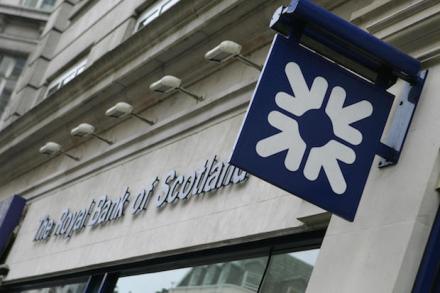Could investing in website names make you an internet millionaire?
With the savings of the nation languishing around 1%, it’s no surprise that UK consumers are turning to increasingly creative ways to make their money work that little bit harder. Even with the arrival of a plethora of savings-focused banks such as RCI Bank, the savings horizon remains bleak for those yearning for the good old days of a 5% savings rate with FSCS protection. This backdrop has helped to fuel the rise of more consumer-friendly and increasingly mainstream financial investment opportunities. This includes everything from investing in property, via firms like LendInvest, and Kuflink, investing in corporate bonds via firms like WiseAlpha, or even investing in personal loans via




















